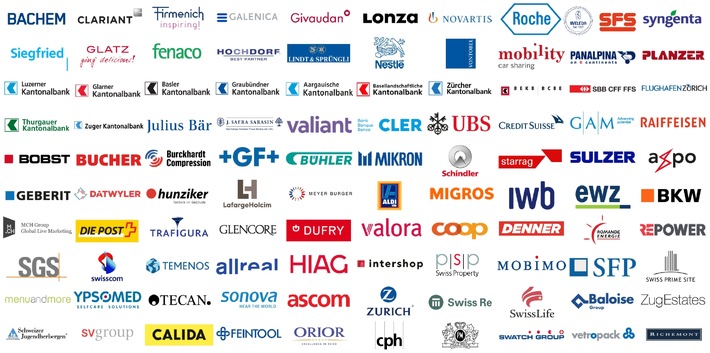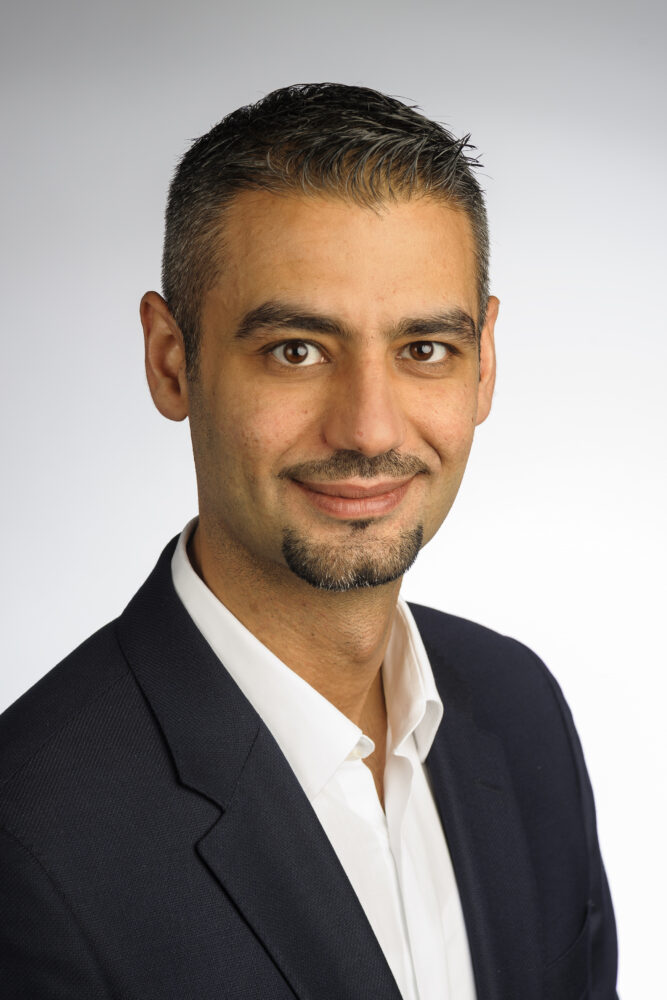The pillars of competitiveness: Global Competitiveness Report 2017-2018
As shown in the "Global Competitiveness Report 2017-2018", Switzerland is the most competitive country in the world. For years in a row, Switzerland has been ranked number 1 in the World Economic Forum (WEF) report: Switzerland. Nevertheless, the high competitive position should be viewed with reservations.

The World Economic Forum (WEF) supplemented the Global Competitiveness Report with an index (GCI) in 2005. Since then, the WEF has published a comprehensive annual report and country rankings on competitiveness. The term "competitiveness" is defined as "the set of institutions, policies and factors that determine a country's level of productivity".
In the 2017-2018 report, Switzerland achieved first place in the ranking of all countries for the ninth time in a row.
The pillars of competitiveness
Switzerland is in first place in the ranking of all countries. It is followed by the USA, Singapore, the Netherlands, Germany, Hong Kong, Sweden, the UK, Japan and Finland. The ranking per country is determined by collecting nationwide data in twelve categories, which the WEF defines and uses as pillars of competitiveness:
- Institutions
- Infrastructure
- Macroeconomic environment
- Health and education
- Higher education and training
- Efficiency of goods markets
- Labour market efficiency
- Degree of development of financial markets
- Level of technological development
- Market size
- Degree of development of the companies
- Innovation
Each main category is in turn broken down into numerous subcategories in order to be able to determine competitiveness as precisely as possible on the basis of a wide range of criteria. For those who can and want to take the time: the report goes into extreme detail on the methodology of the survey, the significance of the assessment bases and the ranking of the individual countries on around 380 pages.
Pros and cons and confusion
Switzerland's ranking is gratifying, but is regularly "crossed" by other studies that set other priorities and then do not consistently assign Switzerland a top ranking. However, different focal points and measurement methods are not directly comparable. The latter, i.e. the measurement method used in the WEF study, is currently under discussion.
An article worth reading on the subject in the online edition of the Aargauer Zeitung ("How Switzerland's high competitiveness can be explained".). Several economics professors examine the question of whether and how Switzerland's high competitiveness can be explained. In particular, they examine the study design and measurement method, which they believe could lead to distortions, and examine the evaluation criteria.
The details on Switzerland are clearly summarized in the WEF Report 2017-2018 on pages 278 and 279 in the report.
Detailed information and downloads
The Global Competitiveness Report 2017-2018 puts numerous influencing factors in relation to one another and thus creates connections and suggestions for consideration that are worth reading. The report weighs in at around 380 pages - those who like it quicker and lighter will also find links with summaries here:
To the Global Competitiveness Report 2017-2018 (PDF)
Ranking list (PDF - Ranking list at a glance)
Report (Overview of key facts)
"Heatmap" (Interactive country overview)
The World Economic Forum 2018 will again take place from 23 to 26 January in Davos-Klosters.


















